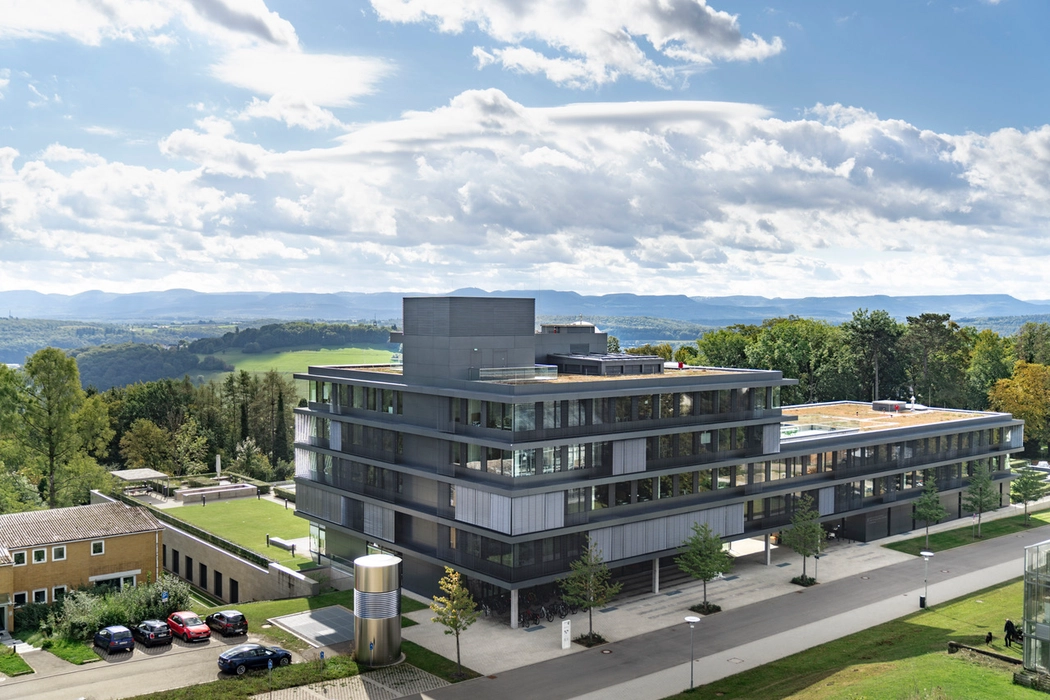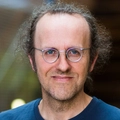How Can We Use Machine Learning in the Search for Exoplanets?
DOI:
https://doi.org/10.21036/LTPUB10261Researcher
Bernhard Schölkopf is Director of the Max Planck Institute for Intelligent Systems in Tübingen and the head of the Department for Empirical Inference. He studied physics, mathematics, and philosophy in both Tübingen (Germany) and London. Since 2002 he is an Honorary Professor at Technical University Berlin. Schölkopf’s main research interest concerns inference from empirical data and machine learning. He applies his research on machine learning to the exploration of exoplanets, that is planets beyond our solar system.

Original Publication
Removing Systematic Errors for Exoplanet Search via Latent Causes
Bernhard Sch lkopf,
David W. Hogg,
Dun Wang,
Daniel Foreman-Mackey,
Dominik Janzing,
Published in
Citation
Bernhard Schölkopf,
Latest Thinking,
How Can We Use Machine Learning in the Search for Exoplanets?,
https://doi.org/10.21036/LTPUB10261,
Credits:
© Bernhard Schölkopf
and Latest Thinking
This work is licensed under CC-BY 4.0
